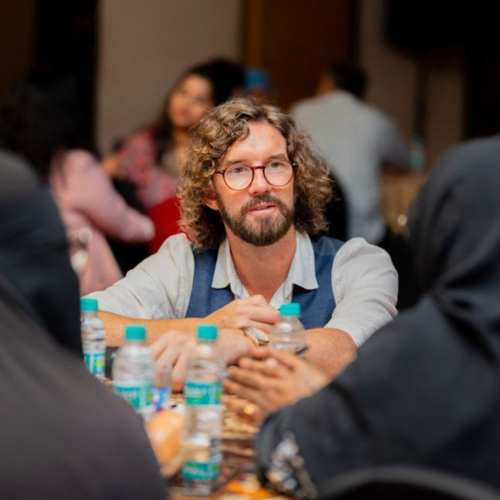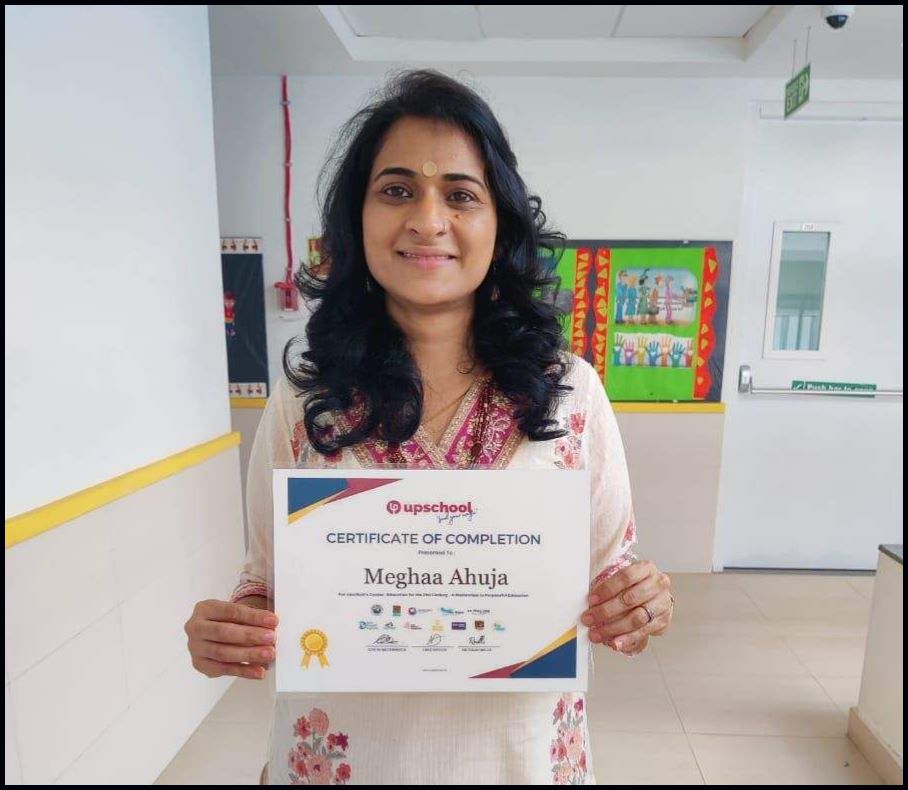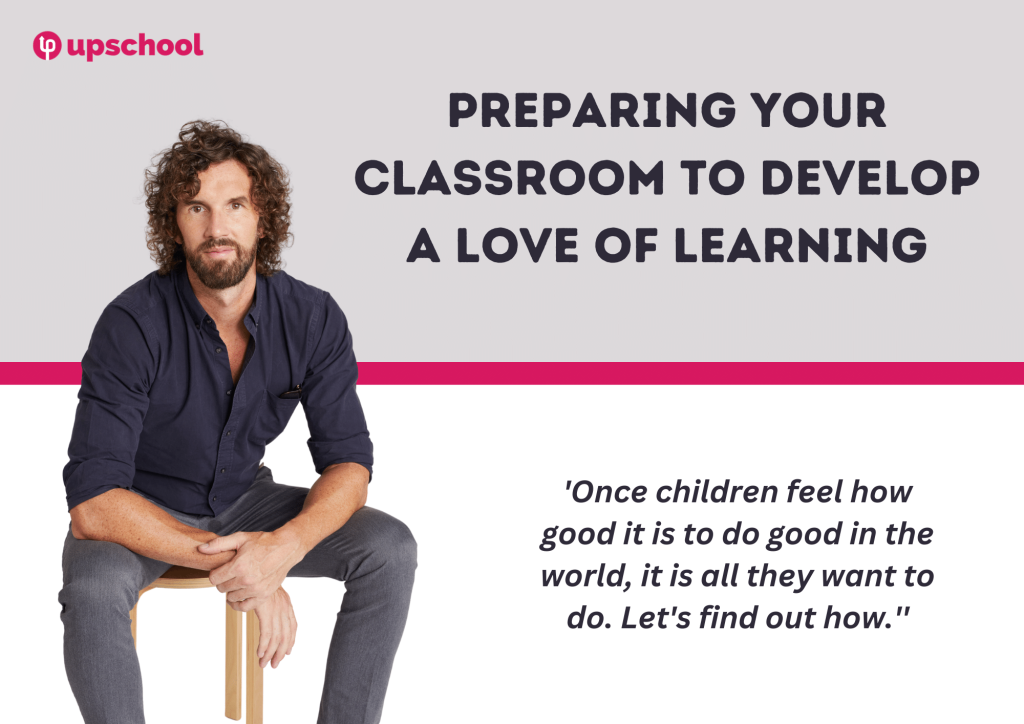Preparing Your Classroom to Develop a Love of Learning
Welcome to this module centred on developing a love of learning through cultivating a deep appreciation for knowledge within the classroom. Here, we will explore an array of approaches to structuring the daily routine, aiming to nurture a genuine love of learning among your students.
The executive functions, essential for task management and behavioural control, extend far beyond the realm of executives. They are skills that can be nurtured and honed by every student in your classroom.
Within this module, we will offer tangible and pragmatic concepts to empower your students, ensuring their voices are heard, their sense of agency is fostered, and their enthusiasm for academic endeavours is kindled.
As the great Nelson Mandela once said, “Education is the most powerful weapon which you can use to change the world.” Our overarching objective is to cultivate independent learners who possess the ability to make a significant impact. So, without further ado, let us embark on this transformative journey together!
The Topics We Will Cover
- The importance of structuring the daily routine to foster a love of learning in students.
- Understanding executive functions and how they can be developed in all students.
- Practical strategies for helping students feel heard, have agency, nd be passionate about their work.
- How to develop independent learners and cultivate a sense of responsibility in students.
- The importance of a classroom diary and how it promotes organization skills and individuality.
- Creating a variety of learning spaces within the classroom to cater to different learning styles and needs.
- Involving students in the creation of classroom rules to foster a sense of ownership and control.
- The significance of timetables and schedules in promoting time management skills and preparing for learning.
- The concept of the “educational void” and how it encourages independence and freedom within limits.
- The power of modelling behaviour and actions to shape the culture and attitudes within the classroom.
Meet our Instructors

Gavin McCormack
Meet Gavin McCormack. He has been a teacher/school principal for over 25 years. He is the co-founder of Upschool.co and the Montessori Australia Ambassador, with a passion for inclusive and child-focused pedagogies. He has worked in several countries around the world, Is a children's author, and philanthropist and has trained thousands of teacher around the world.

Mark Williams
Meet Mark Williams. He is an internationally recognised professor of cognitive neuroscience, with over 25 years of experience conducting behavioural and brain imaging research focusing on our social skills. He has taught the fundamentals of neuroscience to a wide range of undergraduate and postgraduate students, as well as publishing more than 70 scientific articles. Mark has been awarded numerous high-profile fellowships and grants, and worked both at MIT in the USA and at universities in Australia.
 “
“
 “
“
 “
“
 “
“
 “
“

